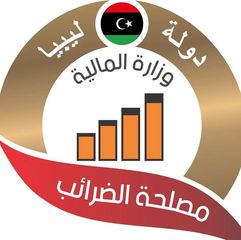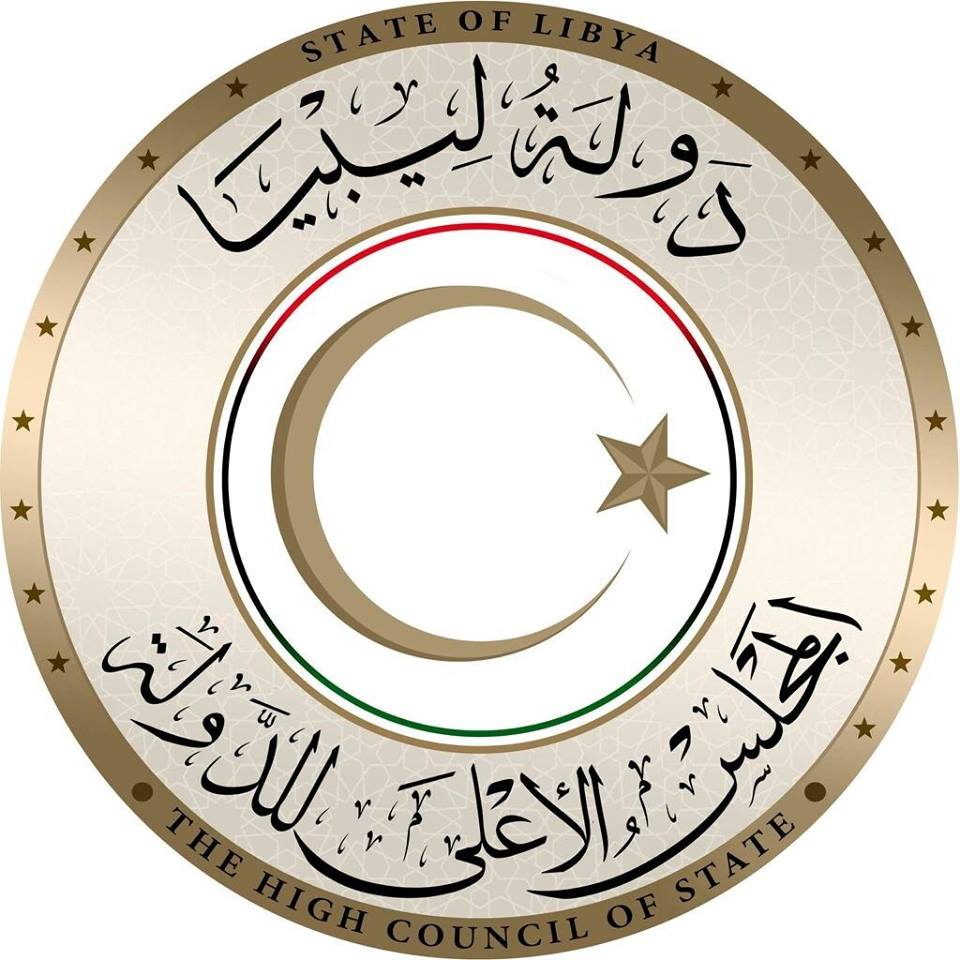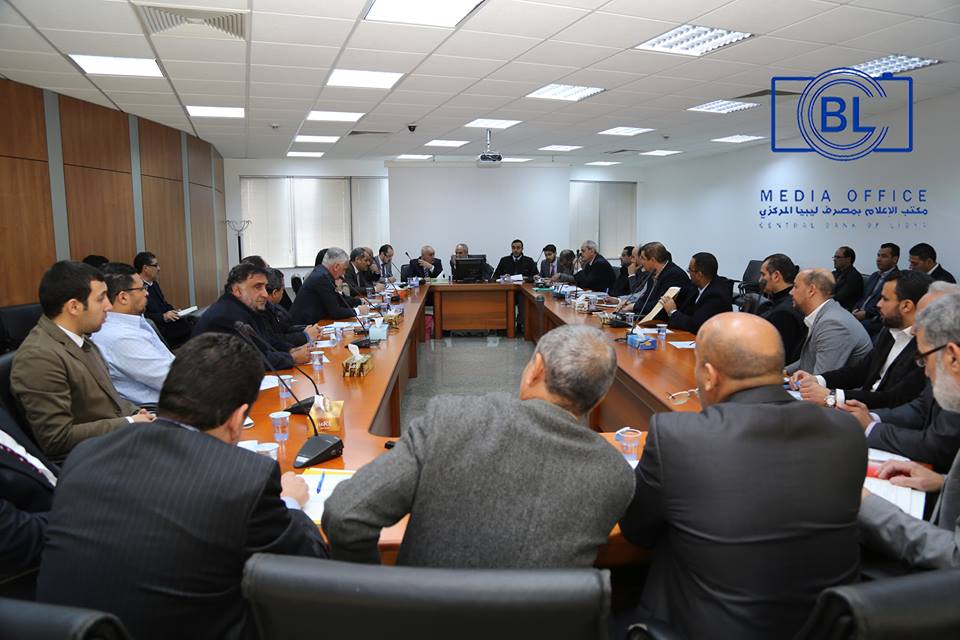By Sami Zaptia.
![The CBL has reduced the annual personal hard currency . . .[restrict]transfer limit by half (Photo: Sami Zaptia).](https://www.libyaherald.com/wp-content/uploads/2016/02/33-cbl-reduces-hard-currency-annual-transfer-limit5b-100216-300x169.jpg)
London, 10 February 2016:
The Central Bank of Libya (CBL) announced today that it is reducing the annual hard currency transfer limit for individuals to the equivalent of US$ 7,500. The decision was published today but was dated 21 January 2016.
The new reduced hard currency limit at the official exchange rate between LD 1.30 to 1.50 to the US dollar applies to all hard currency requests by every individual Libyan for purposes of personal use. It does not apply to companies. Libyans are still able to buy hard currency on the black market at the inflated rate of over LD 3 per US dollar.
The new reduced CBL transfer limit for individuals is a 50 percent reduction from the previous maximum annual transfer limit of US$ 15,000 and is usually used by Libyans for the import of various personal use for goods and services, including medical and education bills and needs.
The 50 percent reduction will hit many Libyans seeking medical treatment abroad, but it will most affect those who have family members studying abroad.
Speaking to a number of families, Libya Herald has learnt that the new US$ 7,500 maximum annual transfer ceiling would not meet the annual living costs let alone the tuition fees of their family members abroad.
It will be recalled that the CBL had been, all be it with much delay, transferring hard currency at the official exchange rate for genuine tuition bills presented to up to the annual maximum limit of US$ 15,000.
The new reduced CBL maximum limit will also hit many members of the Libyan diaspora currently forced to live abroad for a variety of reasons during the troubled times Libya is now going through.
From the point of view of the CBL, the reduction further reflects Libya’s dire economic situation with the fast depletion of Libya’s hard currency reserves as a result of reduced oil production and the crash in international crude oil prices.
The move is also part of a wider effort by the CBL and Audit Bureau to fight financial corruption. [/restrict]









